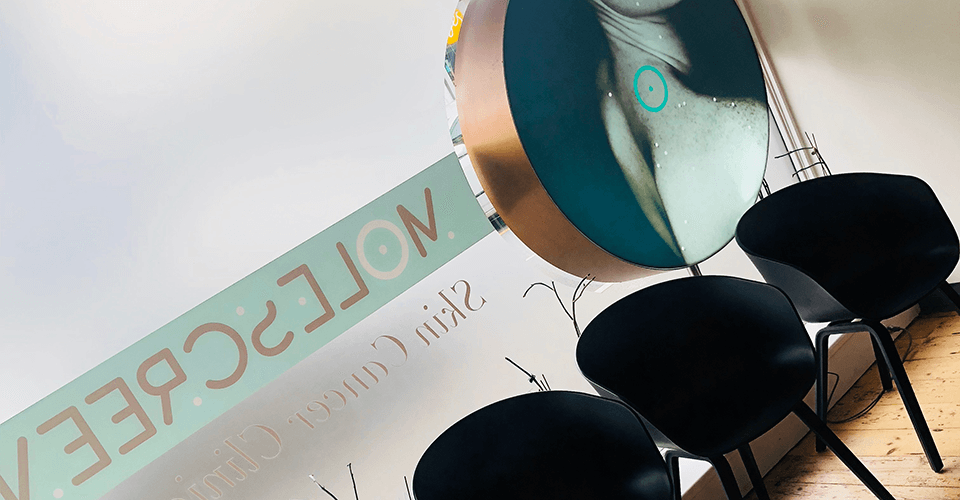Preparing
A skin cancer check-up involves a discussion of your skin cancer risk factors and a detailed examination of your whole body. There are several things you can do to make sure both go smoothly.

Preparing for your skin cancer check
A skin cancer check-up involves a discussion of your skin cancer risk factors and a detailed examination of your whole body. There are several things you can do to make sure both go smoothly.
Spots of concern
If you are worried about any spots in particular, feel free to mark them on your skin or on a body map before you come in. This will help make sure:
- The doctor looks at the right spots
- Nothing is left out during your examination
- If you have a lot of body hair around the spot, you may wish to shave the area so the spot is easier to see.
Your medical history
Your doctor will ask about things that could influence your risk of developing skin cancer and what tests and treatments can safely be done. We kindly ask all new patients to complete our Registration form which collects the following information:
- Details of any skin cancers or other lesions you’ve had removed in the past (date, location on your body, diagnosis with a copy of the pathology results if possible)
- A list of medications you currently take including vitamin supplements and non-prescription items such as aspirin and fish oil
- Any family history of skin cancer: which of your relatives have had skin cancer and what type of skin cancer they had
- Details of any allergies: medications and dressings or antiseptics on your skin
- Your medical history, including surgical procedures and conditions requiring medication.
In particular, please let us know if you have any of the following:
- Skin conditions and rashes
- Disorders of bleeding or blood clotting
- Disorders of the immune system
- Artificial heart valves or pacemaker
- Overgrown or discoloured scars following procedures
- Blood-borne infectious diseases such as hepatitis or HIV
- Vitamin D deficiency
This information helps us figure out what types of skin cancer to suspect, where and how often to look, and what tests and treatments we should use.
Prepare your skin
Please ensure your skin is clean and free from anything that might obscure the doctor’s view of spots. This includes:
- Make-up
- Fake tan
- Nail polish
- Dirt, grease, oil
If your skin is dry, moisturise it a couple of times a day for a few days before your check-up. This will make your skin lesions much easier to examine.
If you have a suntan or sunburn, it can change the appearance of spots on your skin, so we recommend that you stay away from the sun for a couple of weeks before your check-up.
If you wish to shave or wax before your check-up, please do it several days beforehand so that any small pimples, scabs or ingrown hairs have time to heal.